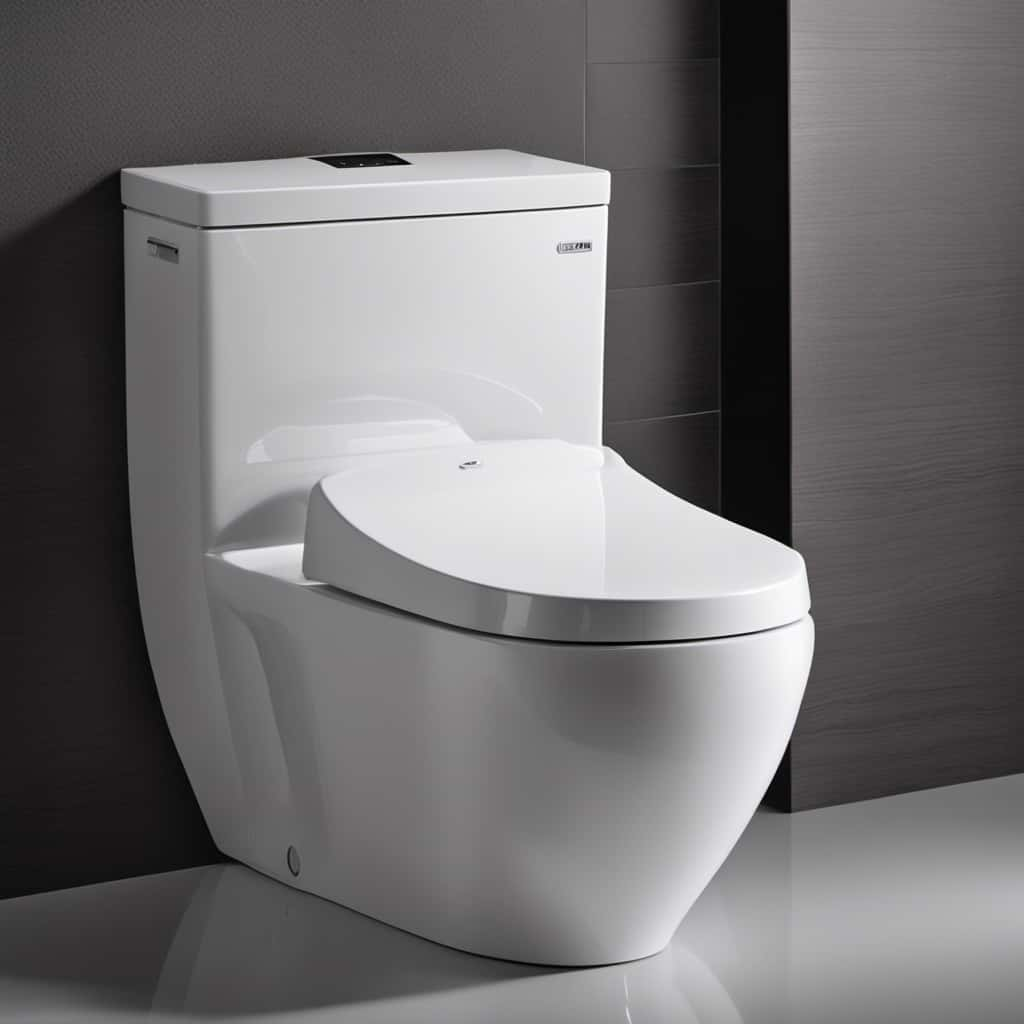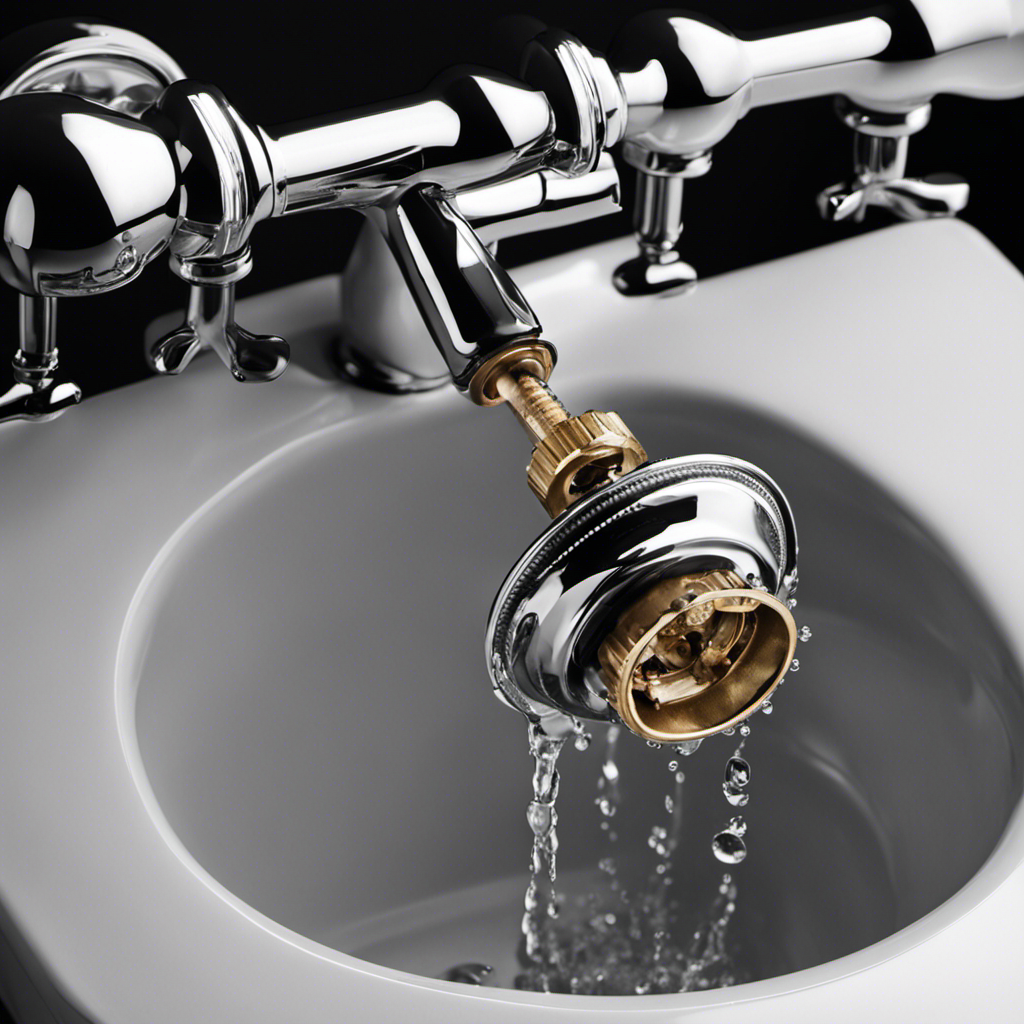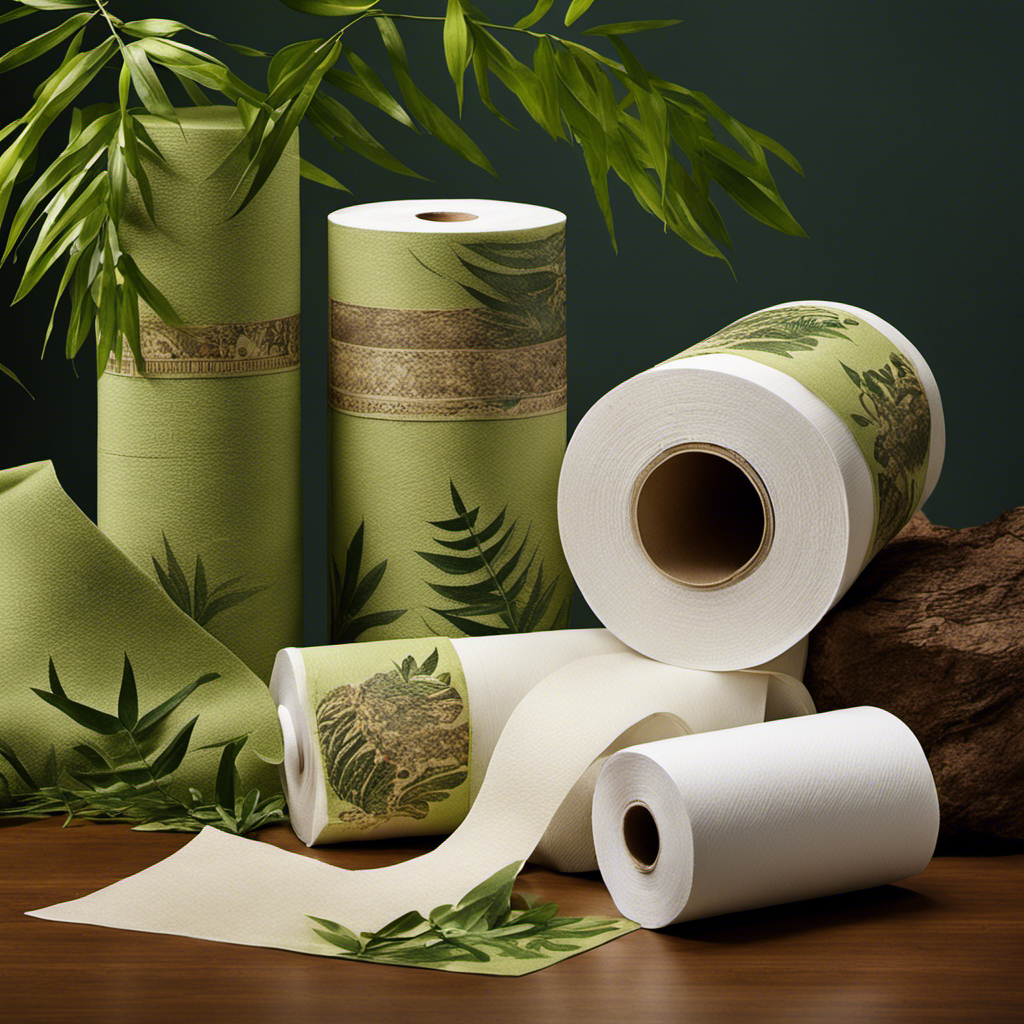We’ve all been there – standing in front of the toilet, wondering what can and can’t be flushed down.
Well, when it comes to a septic system, there are some things we simply cannot put down the toilet.
In this article, we’ll explore the dos and don’ts of flushing in a septic system, from non-biodegradable items to chemicals and cleaning agents.
So, grab a seat and get ready to master the art of responsible flushing.
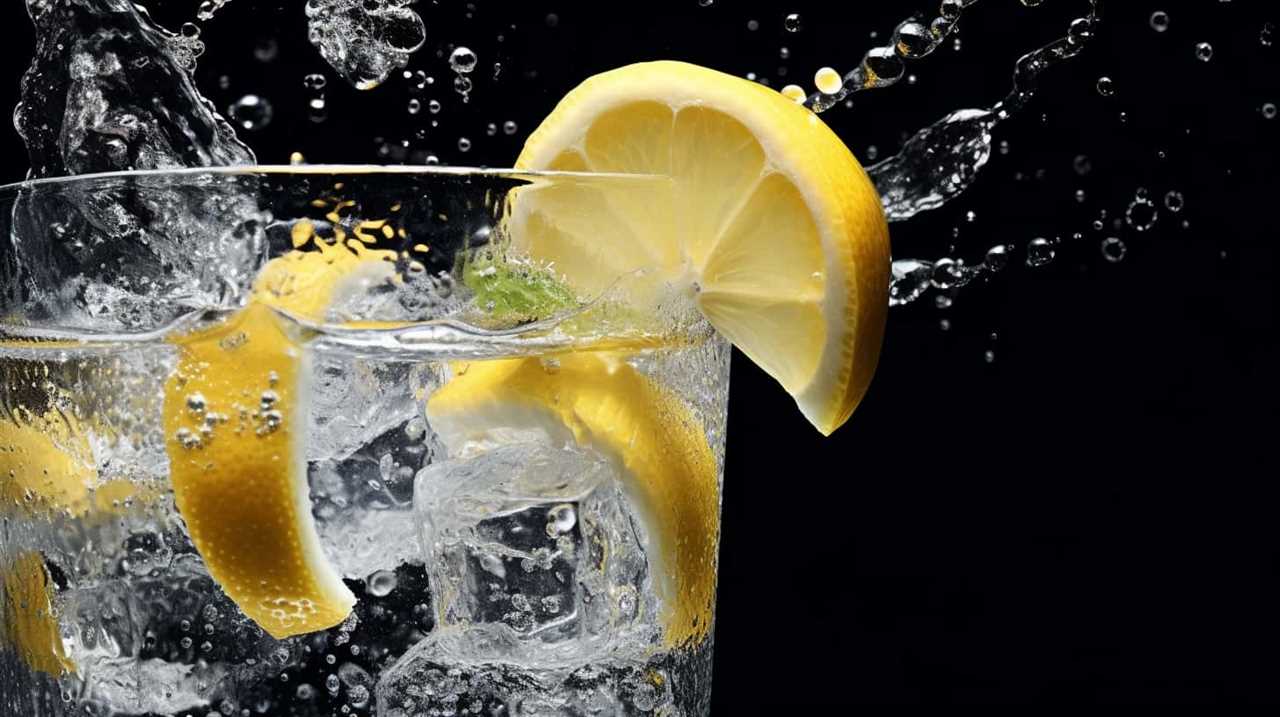
Key Takeaways
- Non-biodegradable items and chemicals should not be disposed of in a septic system as they can cause clogs, blockages, and damage.
- Grease, oil, and fat should be properly disposed of to prevent solidification and accumulation in the septic tank.
- Medications and personal care products should not be flushed down the toilet to avoid contaminating groundwater and harming aquatic life.
- Solid waste and sanitary products should never be flushed down the toilet as they can lead to clogs and costly repairs.
Non-Biodegradable Items
In our septic system, we should never put non-biodegradable items down the toilet. It’s crucial to understand that plastic bottles and paper waste aren’t suitable for disposal in a septic system.
Non-biodegradable materials don’t break down naturally like organic waste. When non-biodegradable items such as plastic bottles or paper waste enter the septic system, they can cause clogs, blockages, and damage to the system. These materials can accumulate over time and hinder the proper functioning of the septic system, leading to costly repairs or even system failure.
To maintain the health and longevity of your septic system, it’s essential to dispose of non-biodegradable items properly in the appropriate waste streams, such as recycling or garbage bins.
Chemicals and Cleaning Agents
When it comes to maintaining the health of our septic system, we need to be mindful of the chemicals and cleaning agents we use. These substances can have a significant environmental impact and may disrupt the delicate balance of bacteria in the septic tank. To help you make informed choices, here is a table outlining some common chemicals and cleaning agents to avoid in a septic system, along with alternative options:
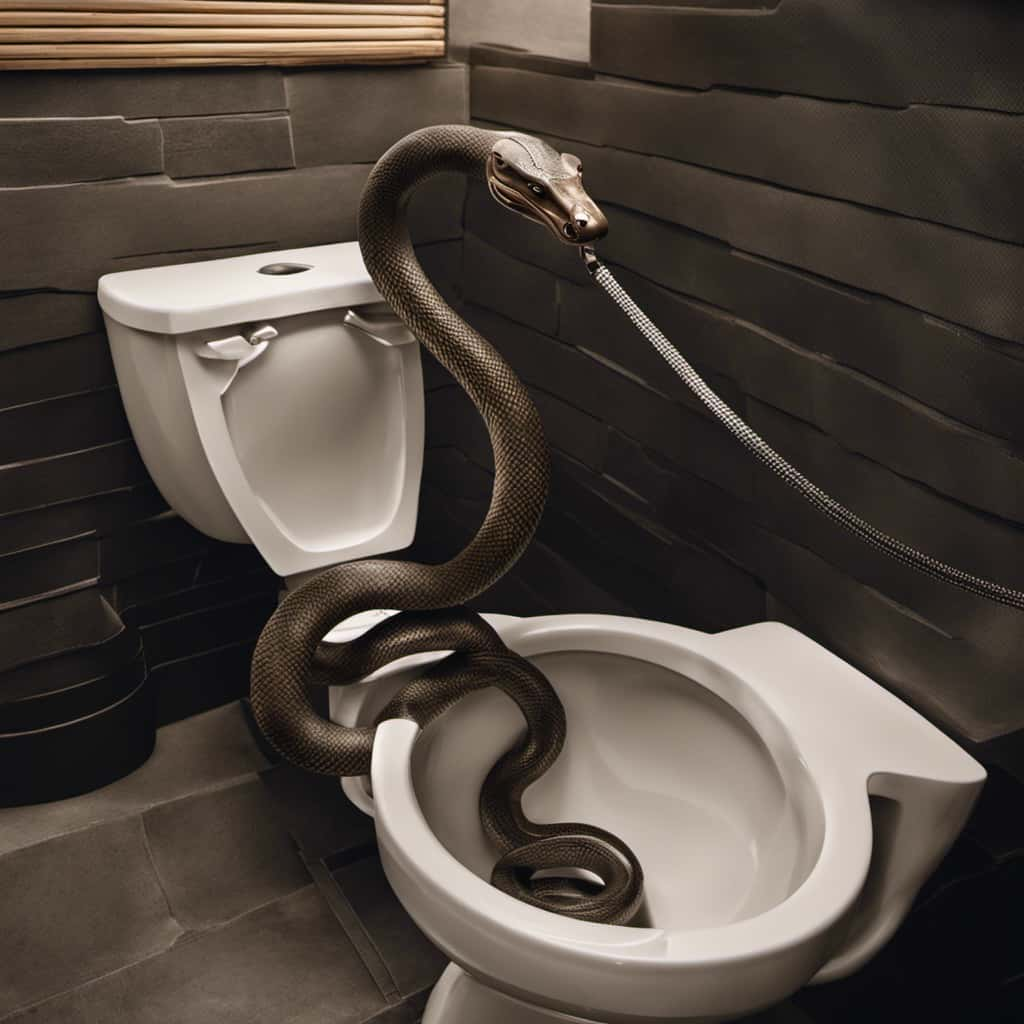
| Chemicals and Cleaning Agents to Avoid | Alternatives |
|---|---|
| Bleach | Vinegar |
| Ammonia | Baking soda |
| Antibacterial soaps | Castile soap |
| Drain cleaners | Plunger |
Grease, Oil, and Fat
How do grease, oil, and fat affect our septic system? When it comes to our septic system, it’s crucial to understand the impact of grease, oil, and fat. These substances can cause significant problems and should never be disposed of down the toilet. Here’s why:
- Clogging: Grease, oil, and fat can solidify and accumulate in the septic tank, leading to clogs in the pipes and the tank itself.
- Reduced efficiency: The presence of these substances hinders the breakdown of other waste materials, reducing the overall efficiency of the septic system.
- Damage to components: Grease, oil, and fat can corrode or damage the various components of the septic system, such as pumps and pipes.
To ensure the longevity and proper functioning of your septic system, it’s essential to dispose of grease, oil, and fat properly. Instead, dispose of them in designated containers or recycle them. Properly disposing of food waste and avoiding flushing paper products down the toilet also helps maintain a healthy septic system.
Medications and Personal Care Products
We shouldn’t flush medications and personal care products down the toilet in a septic system. Doing so can have a significant environmental impact and can disrupt the delicate balance of the septic system.
Medications contain chemicals that can contaminate the groundwater and harm aquatic life. Personal care products, such as lotions and shampoos, may contain harmful ingredients that can also have detrimental effects on the environment. It’s essential to dispose of these items properly to minimize their impact.
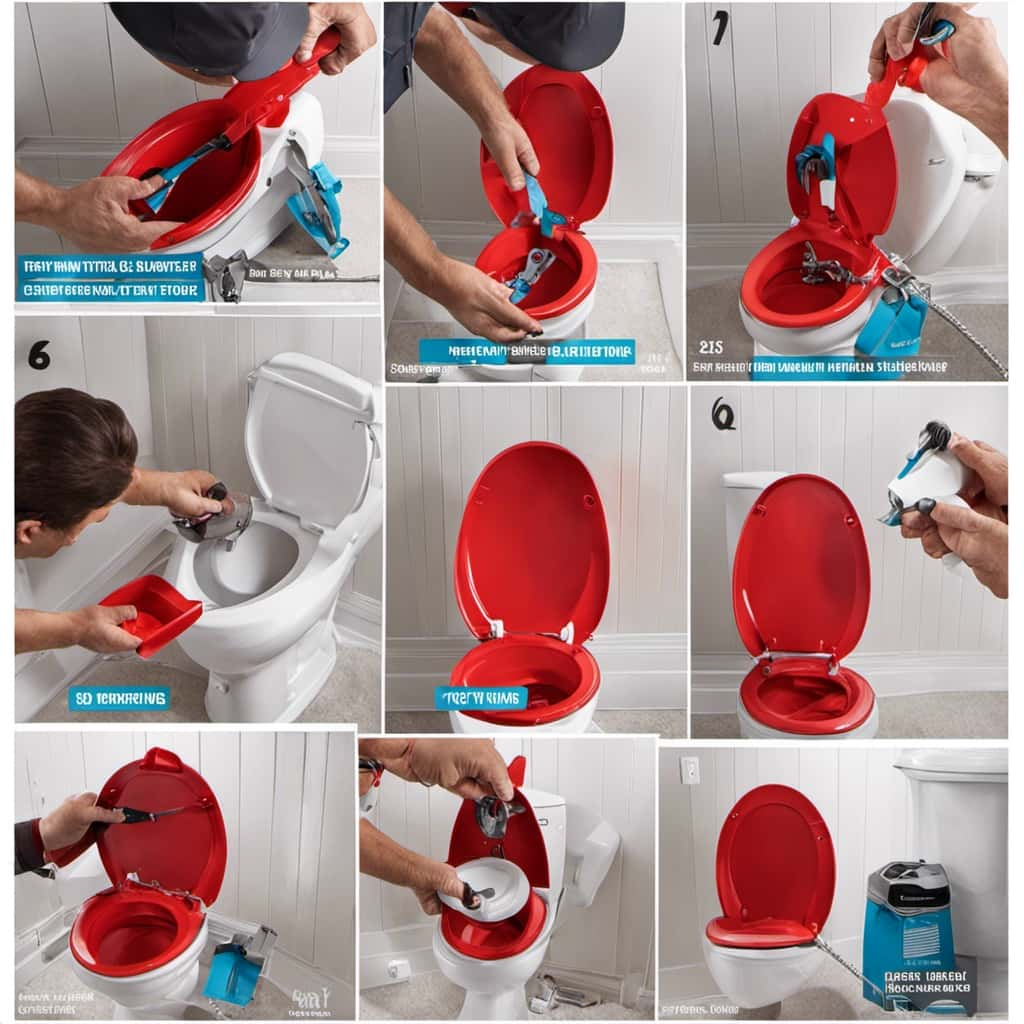
To do so, check with your local pharmacy or healthcare provider for medication take-back programs. Personal care products can be disposed of in the regular trash, but be sure to remove any excess product and put it in a sealed bag before discarding.
It’s important to be mindful of the proper disposal methods to protect our environment.
Moving on to the next subtopic, let’s discuss solid waste and sanitary products.
Solid Waste and Sanitary Products
To continue our discussion on proper septic system maintenance, let’s address the issue of solid waste and sanitary products, which can also have a detrimental impact on the system’s function and the environment.
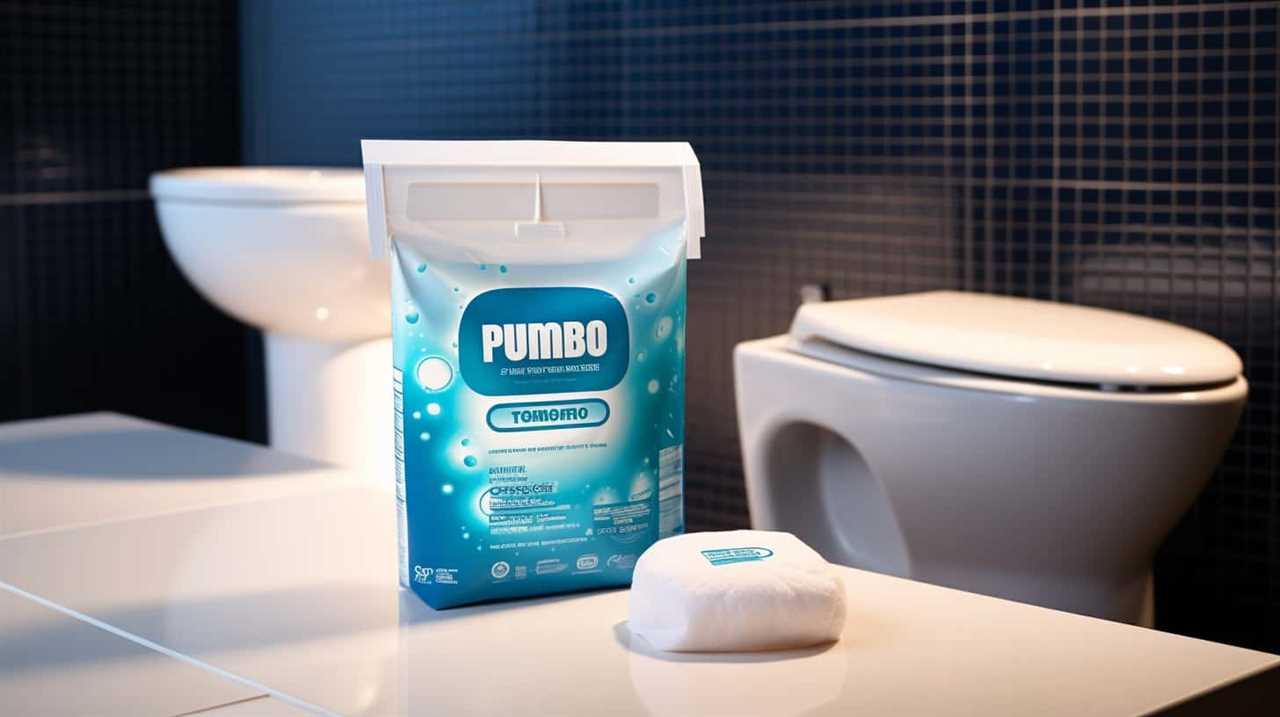
It’s imperative to be mindful of what we flush down the toilet to avoid potential plumbing issues and septic tank maintenance. Here are some important points to consider:
- Solid waste, such as diapers, wipes, and paper towels, should never be flushed down the toilet as they can clog the pipes and put undue strain on the septic system.
- Sanitary products, including tampons, pads, and condoms, should also be disposed of properly in the trash. Flushing them can lead to blockages and costly repairs.
- Grease and fat should never be poured down the drain, as they can solidify and cause obstructions in the plumbing system.
Frequently Asked Questions
Can I Flush Baby Wipes Down the Toilet if They Are Labeled as "Flushable"?
Flushing baby wipes, even if labeled as ‘flushable’, can still cause issues in a septic system. They can clog pipes, disrupt the balance of bacteria, and lead to expensive repairs.
Is It Safe to Dispose of Expired Medications by Flushing Them Down the Toilet?
When considering safe disposal methods for expired medications, it is important to avoid flushing them down the toilet. This practice can have detrimental environmental impacts and should be avoided.
What Should I Do With Cooking Oil or Grease That I No Longer Need?
When it comes to recycling options for used cooking oil or grease, it’s important to consider proper disposal methods. However, before discussing that, let’s address the question of what can’t be put down a toilet in a septic system.
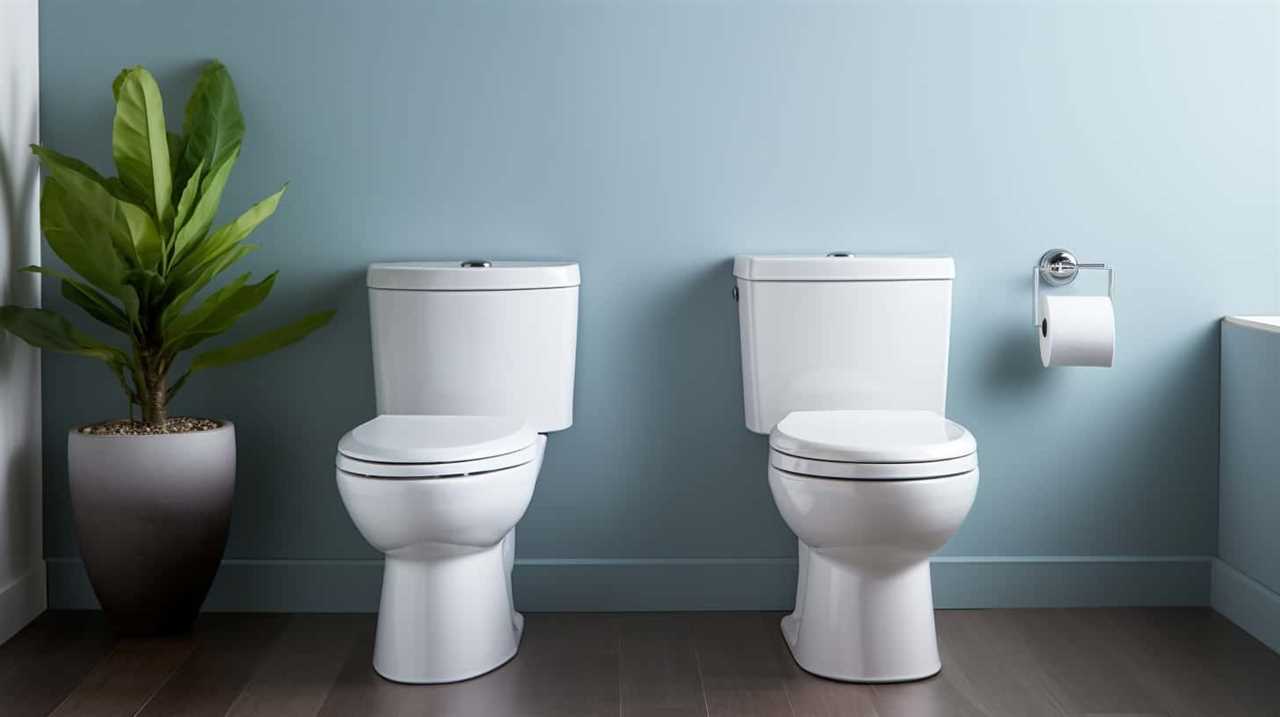
Can I Flush Tampons or Sanitary Pads Down the Toilet if They Are Labeled as "Flushable"?
Flushing non-flushable items such as tampons or sanitary pads, even if labeled as flushable, can cause serious septic system issues. Proper disposal of such items is crucial for maintaining the system’s functionality.
Are There Any Specific Cleaning Agents or Chemicals That Are Safe to Use in a Septic System?
Safe cleaning agents for septic systems are essential to maintain its functionality. Using harsh chemicals can pose potential dangers and harm the system. We recommend using environmentally friendly and septic-safe cleaning products to ensure proper maintenance and longevity.
Conclusion
In conclusion, folks, if you want to avoid turning your septic system into a ticking time bomb, remember to keep non-biodegradable items, chemicals, and grease out of your toilet.
Oh, and please, don’t treat your porcelain throne like a trash can for medications and personal care products.
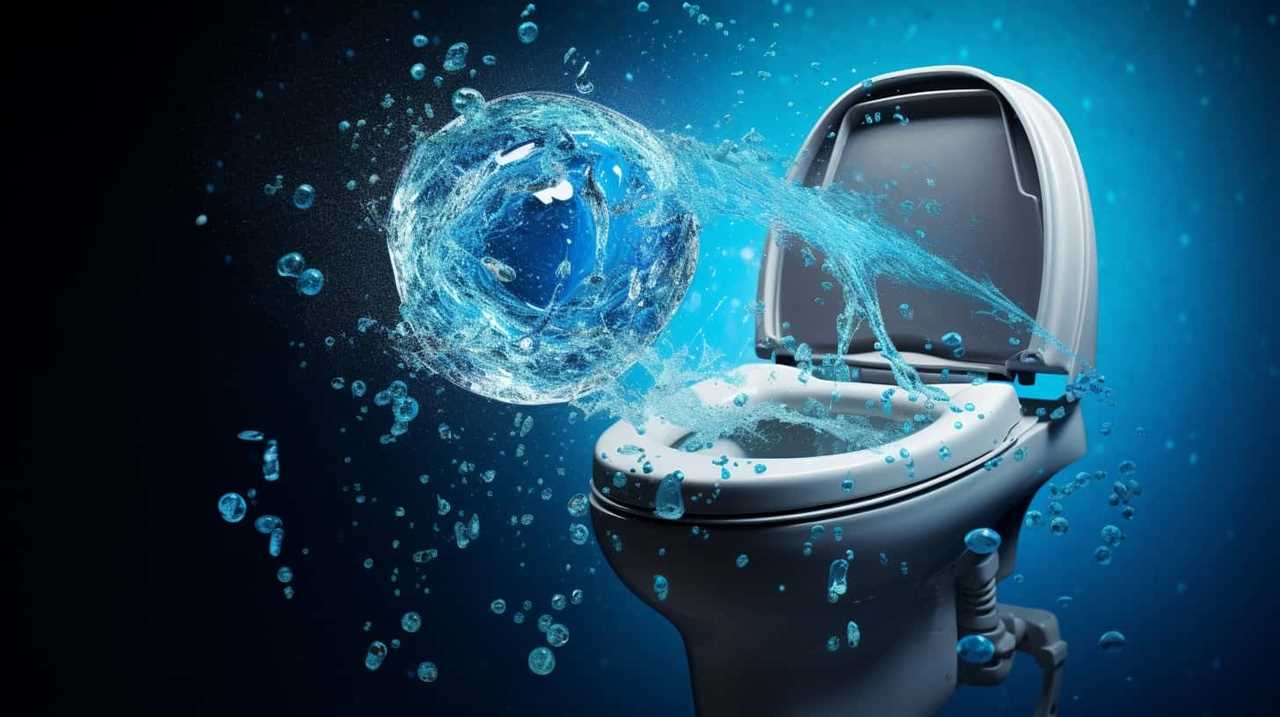
And as for solid waste and sanitary products, well, let’s just say they belong in the bin, not in the septic system.
Keep it classy, and keep your septic system happy!

